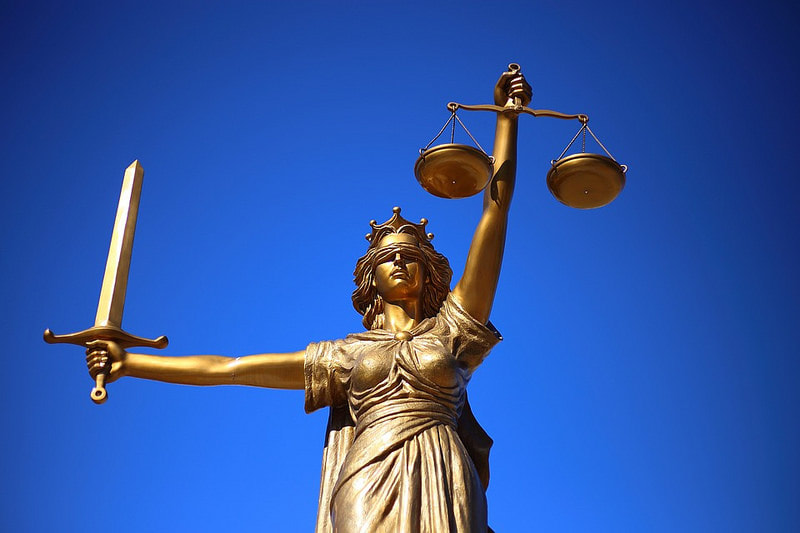| Cliven Bundy and his supporters may not see the irony, but it’s staring them in the face. The federal government system they portray as the enemy just protected their rights from abuses of power, precisely as it was designed to do. Bundy is a free man — he walked away from a federal courthouse in Las Vegas on Monday — because federal prosecutors deliberately tried “to |
| | mislead and distort the truth.” Those were the words of U.S. District Judge Gloria Navarro, as quoted in the L.A. Times. She didn’t hold back. Government prosecutors had a “reckless disregard for constitutional obligations,” she said, noting the prosecution failed to make important evidence available to the defense. That evidence included information about government snipers and cameras trained on the Bundy ranch back when Bundy and his supporters were in an armed standoff with federal officers, as well as government assessments at the time that the Bundys would not resort to violence if authorities began confiscating cattle to make up for the $1 million in grazing fees they claim he owed. The court upheld the defendants’ constitutional right to a fair trial, just as courts often dismiss cases against criminal defendants caught with illegal drugs because they were denied due process under the Fourth Amendment. Plenty of people get upset whenever that happens. But that’s how things work in a nation governed by laws — a nation that accepts the risk some guilty people may go free because it’s more important to protect basic rights that curtail government power. It isn’t a perfect system, and I’m not claiming it hasn’t at times resulted in injustices. But it worked in this case. That doesn’t mean anyone should excuse how prosecutors screwed things up, or law-enforcement agencies who used questionable tactics. Combined with the acquittals last year of Bundy supporters who had, for 41 days, occupied the Malheur National Wildlife Refuge in that state, this represents a stunning failure that may embolden people who miss the irony — who still see the government and its system of checks and balances as the enemy. Another danger is that, as University of Nevada law professor Ian Bartrum told the Los Angeles Times, the dismissal will be seen as a victory for those who want federal land turned over to the states, or as some kind of endorsement of the effort to shrink monuments. No, it was a botched prosecution, nothing more or less. The court decided nothing about grazing fees or federal ownership of land. The Utah lawmakers who want Washington to give the state federal lands within its borders are no closer to that goal. The Trump administration still has to prove its case that a president has the power to shrink monuments as well as to create them. This fight over Western land is not new, nor is it well understood by people who live in other parts of the country. In Utah, 66 percent of the land is federally owned. In Nevada, it’s 84.9 percent; and in Oregon, 53 percent. This naturally leads to clashes among the folks who live near this land, people with mining interests, recreationists and environmentalists. That clash won’t be resolved by militias or dismissed charges. To put things in context, it’s helpful to remember that in June of 1913, western governors met in Salt Lake City to send a message to the new administration of President Woodrow Wilson that the states, not the Department of Interior, ought to manage public lands. Here we are, 115 years later, and the arguments continue. If they ever are definitively settled, it won’t be through illegal acts. Meanwhile, this week’s decision might be appealed, and the world may yet hear more from Bundy, who seemed defiant as he left the courthouse. “The whole world is looking at us,” the Associated Press quoted him as saying. “Why is America acting like this?” That’s a big question. Bundy meant to ask it in the context of federal agencies commanding “armies,” as he put it, to enforce federal law. The rest of us might look at it a little differently. America is acting like this — dismissing charges against people accused of serious crimes — because it values due process and the rights of its citizens. |


 RSS Feed
RSS Feed

